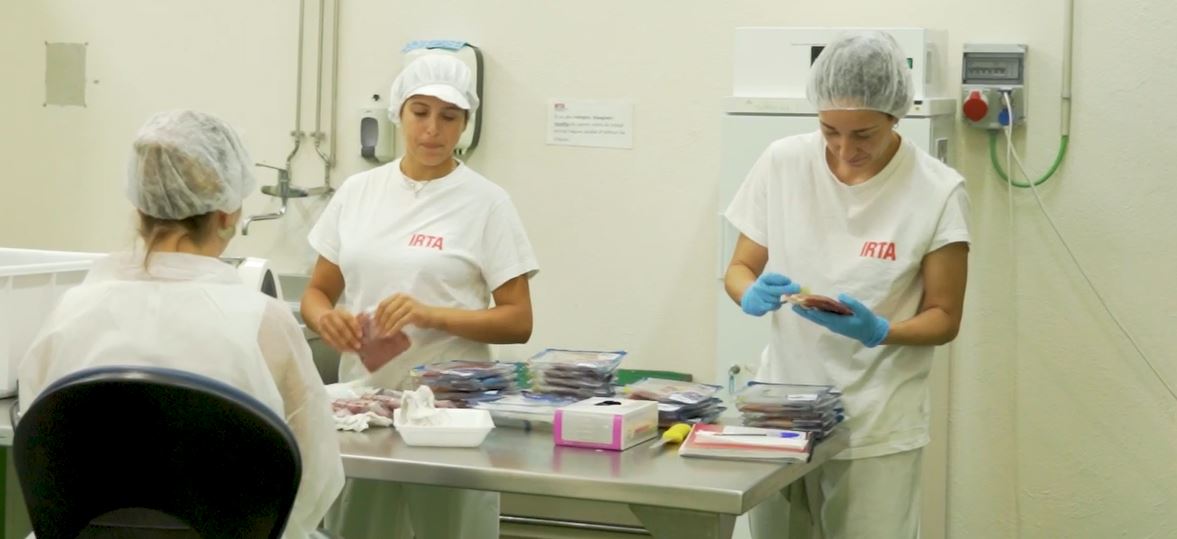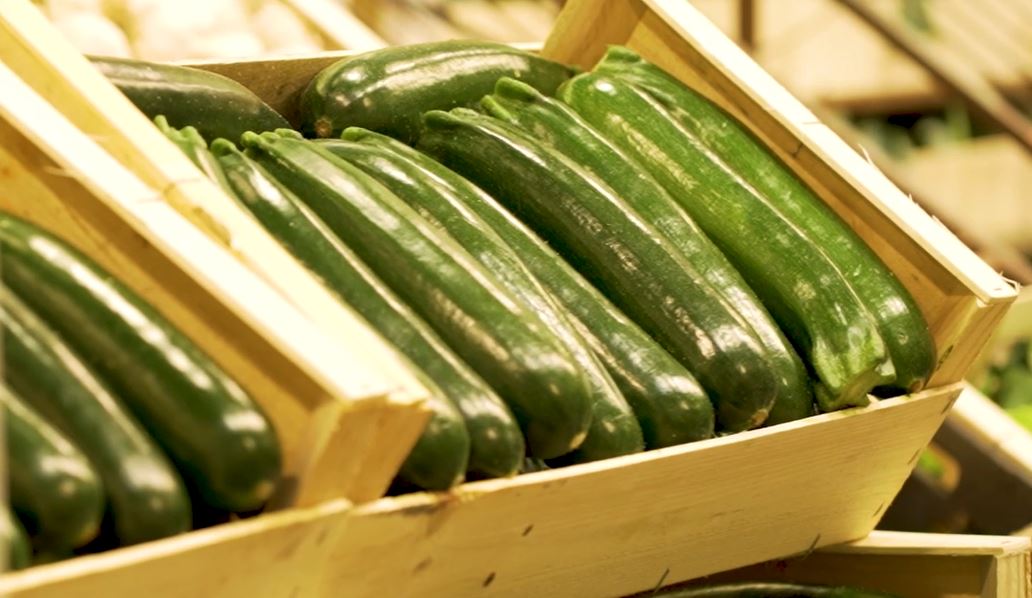
Professional taster
Other denominations
"Taster", Member of a panel of tasters, Professional taster, Sensory analysis specialist, Sensory analyst, Sensory analysis specialist.
Description
The professional taster works, for private or public companies, tasting products and giving their opinion on their quality and their adaptation to the officialy established standards, by the entity itself (internal panels of agriculture and food companies) or to some products in a comparative tasting.
As a specialist in sensory analysis, he or she designs, prepares, directs and controls specific tests to detect, qualify and quantify five senses appreciations in the organoleptic analysis of products, beverages and food. Its purpose is to approximate its opinion to an objective measure and define the organoleptic sensations caused by food or drinks, using the resulting data to make decisions about product modification or not, in quality, innovation, acceptance by consumer, or closeness to similar products.
Tasks
- Defines the analysis according to customer needs or research objectives. Choose the most appropriate kimd of analysis to perform and how to do the research. Companies usually have procedures already defined according to the applicable standards (legislation and/or procedures established by scientific bodies) and often certified. Defines the type of test to be performed (eg: blind test, comparative test), who will perform it (panel of tasters, professional or not), under what conditions (conditioned tasting room) and when (date).
- Takes care of the sample. Obtains a representative sample of a bunch of product to be analyzed and keep it in optimal conditions for tasting (temperature, packaging, etc.). It collects in the sampling bulletin all the conditions of the place where the sampling has been carried out (temperature, state of the containers) and product definition in order to later explain the obtained results (rancidity odor of in an oil that was exposed to light). Identifies the sample appropriately and with the information necessary to perform the analysis (samples are often coded to avoid subjectivity, such as the effect of the product brand).
- Perform the analysis. Quantifies the dining parameters for food or drink to be tested, based on their perception (perceptibility and sensitivity), with the help of the defined tool. Many surveys have a scoring scale that allows you to extract a value comparable to other tasters and make the results more objective. Usually the tasting panels are made up of at least 6 or 8 people (the larger the group, the greater its reliability). Analyzes the food or drink with the five senses (sight, hearing, taste, touch and smell) or only with those used to extract the results of the test (tastings where a glass of color is deliberately used or opaque). It gathers its opinion using the established support (multiple-choice survey) and describes products definition with respect to the previously established parameters (comparison with known patterns: "the aroma of the wine has notes of red fruit").
- Controls and records analysis variables. Maintains at all times the testing established conditions (no comments between tasters, etc.). Writes in the analysis bulletin all the conditions under which the analysis is performed (such as the composition of the tasting panel, type of test chosen, material used, samples coding). Controls and guarantees tasting development, making the relevant modifications as well as the necessary annotations to control all the factors that may have influenced the result.
- Analyzes the results and write the report. Extract the results based on the use of statistics applied to the tasting panel responses. It issues a report on the conclusions drawn from the analyzes carried out.
- Forms and directs tasting panels. He is usually the trainer and director of the professional panels tasters, preparing and managing the continuous training of its components and ensuring its objectivity with cross-tests with other groups.
- Is responsible for the material. He takes care of all the analysis stuff, controls its cleaning and its correct maintenance. Make an inventory of consumables and orders to replace them.
- Apply the regulations. Designs tasting rooms under the rules set by the relevant bodies, such as regulatory boards devoted to production regulated geographical area (oil) or producers associations (coffee). Maintains occupational safety rules.
- Calibrates the instrumentation. Performs security procedures to calibrate instruments and secure protocols. Participates in intercalibration processes between laboratories and panels. It maintains a remarkable sensitivity threshold, with prior training for each product.
- Participates in research. He is part of research teams in sensory analysis, which can work for the development of new techniques, new devices (electronic noses) or in the research of how human or animal sensory physiology works (studies of appetite in animal feed).










 | Catalan | Beginner
| Catalan | Beginner | English | Beginner
| English | Beginner
 Open
Open

 | English | Beginner
| English | Beginner


